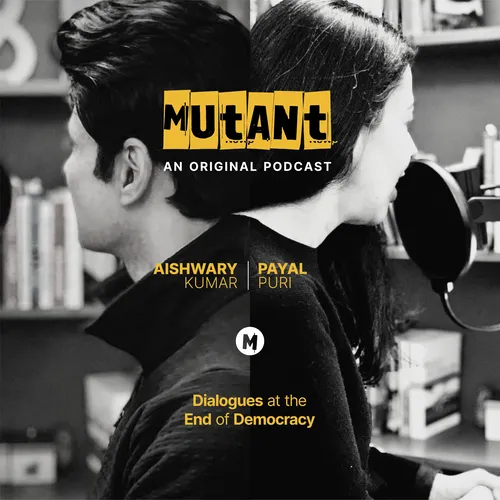
Mutant: Dialogues at the End of Democracy
As violence against persons and things reaches a slow, catastrophic intensity worldwide; as the political and planetary become profoundly intertwined; as the deformity in our language thwarts our very ability to think about this suicidal moment in global politics and in human affairs as such, the brilliant thinker and scholar Aishwary Kumar (in LA) and editor-interlocutor Payal Puri (in New Delhi) begin a sustained, rigorous excavation of a deceptively simple question: What is up with democracy?
Taking as our starting point the 26 letters of the Roman alphabet, we create an alphabet of global political thought; a rigorous recuperation of the words and concepts without which we cannot grasp the power and the fragility of the democratic promise. Never has a podcast attempted to compress, in just 52 words — two for every letter of the alphabet — the human condition itself.
- Update frequency
- every 29 days
- Average duration
- 66 minutes
- Episodes
- 24
- Years Active
- 2023 - 2025
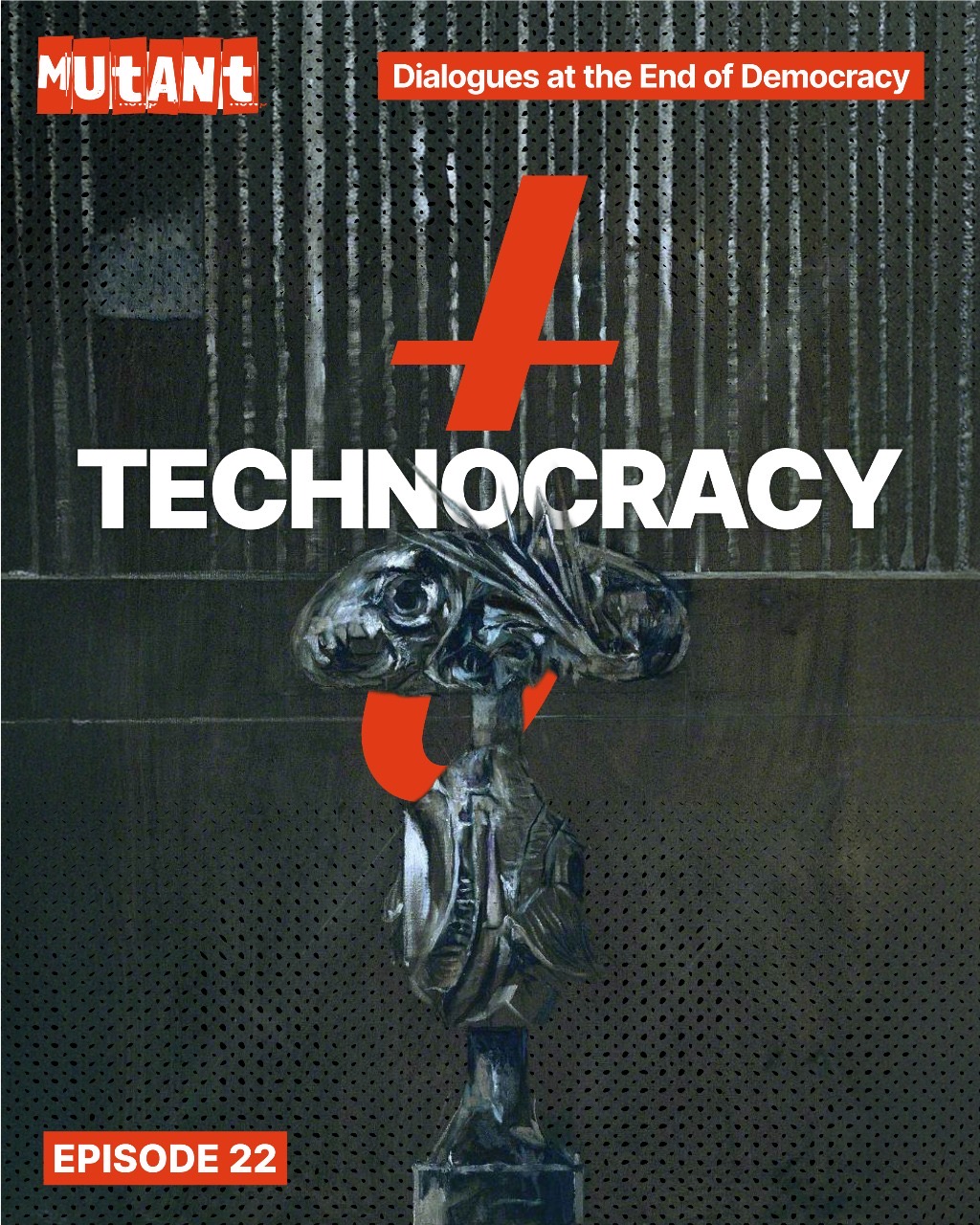
T | TECHNOCRACY
It is undeniable that technology has disrupted democracy, that algorithms have begun to threaten human agency and deform identity, and that artificial intelligence, deeply enmeshed in politics, harbo…
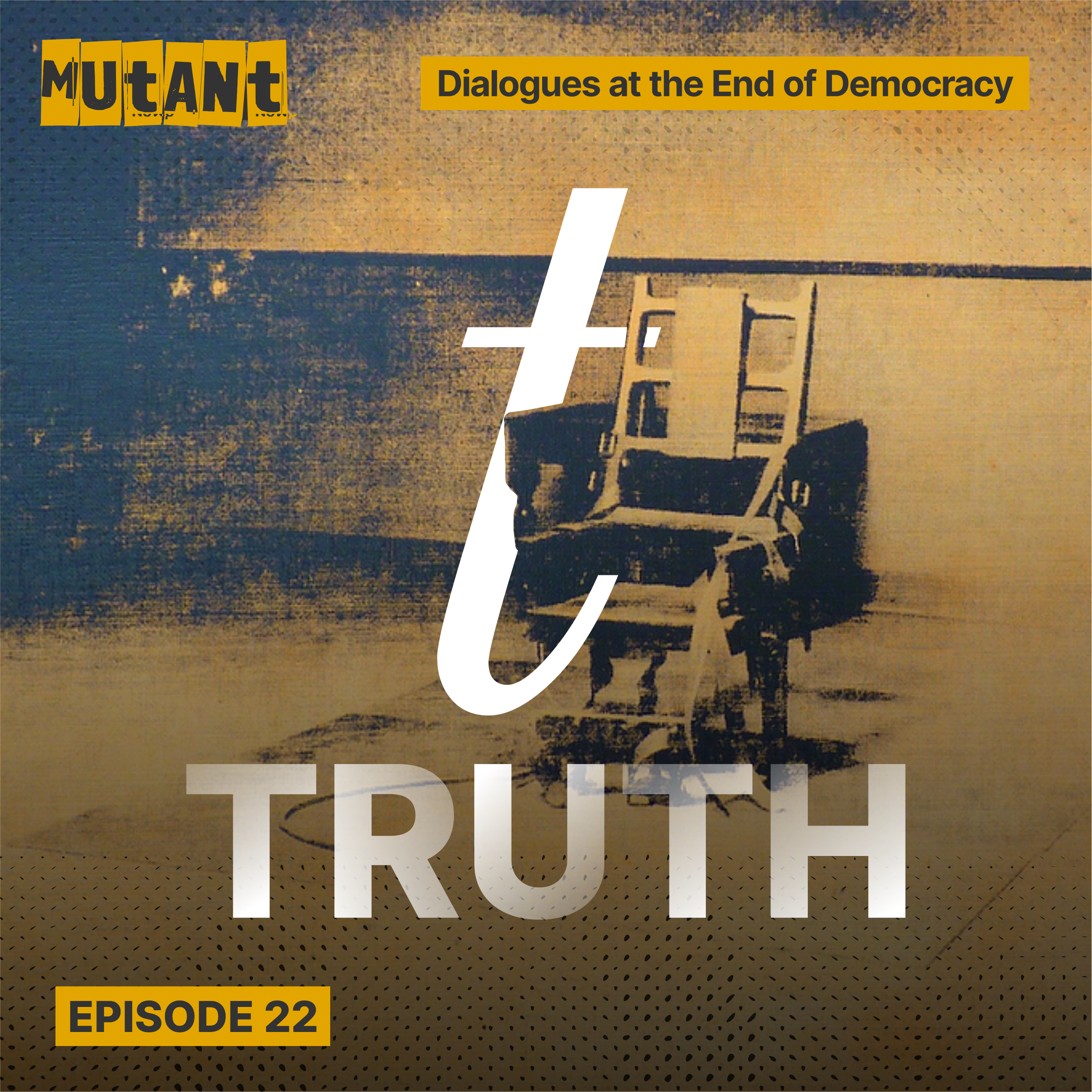
T | TRUTH
When we began Mutant, we set ourselves the task of entering ordinary language. Not the magisterial or prophetic, but words, ideas and concepts so quotidian, they have paradoxically become—much like d…
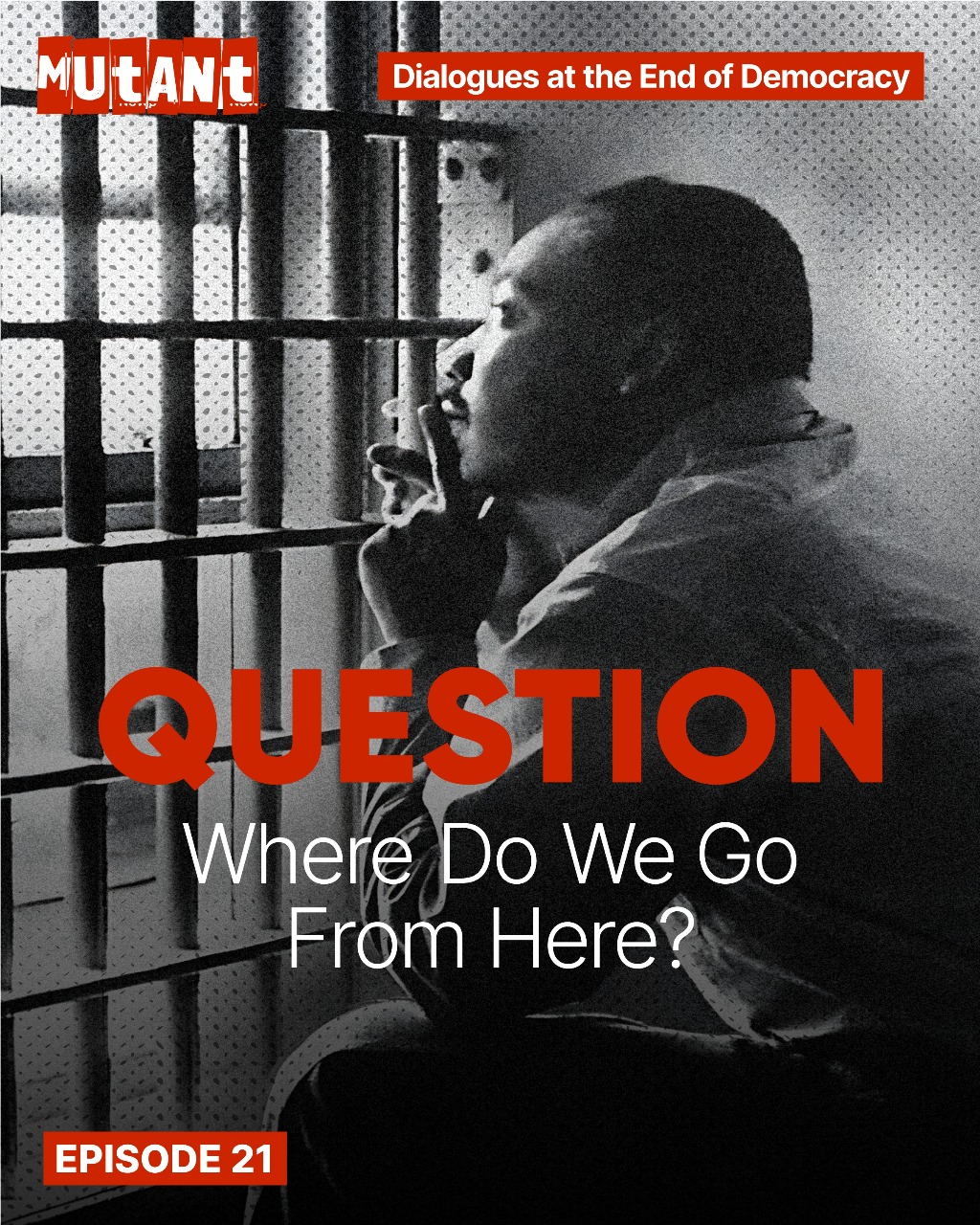
Q | QUESTION
Has America given up its “pursuit of happiness”? Why do we ask so many questions? "How does it feel to be a problem?" Du Bois asks in a searing passage of his 1903 masterwork The Souls of Black Folk.…
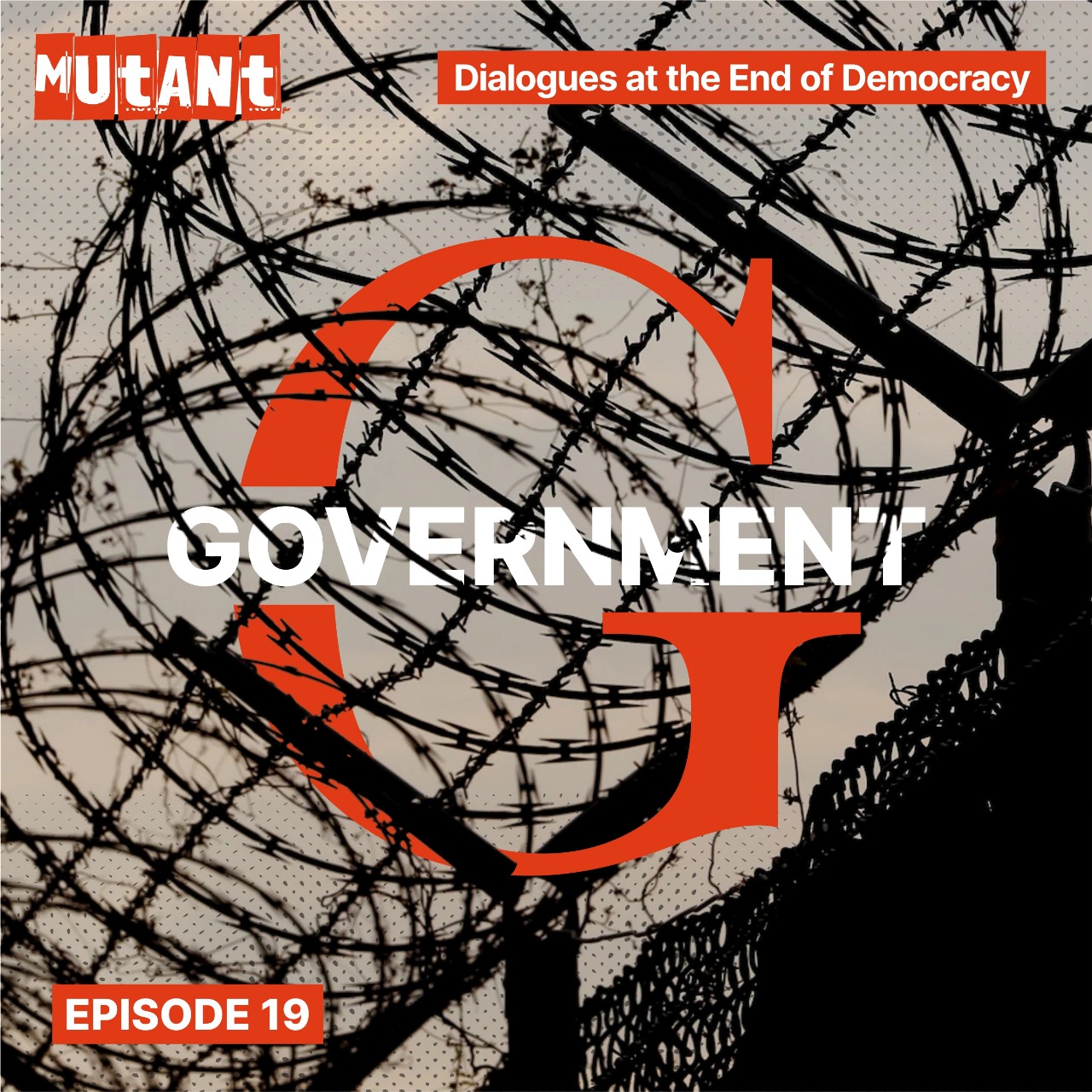
G | GOVERNMENT
Watching the scale, speed, and lawless ease with which some of the most storied postwar American institutions have been attacked and dismantled in the past month makes it tempting to see this resurge…
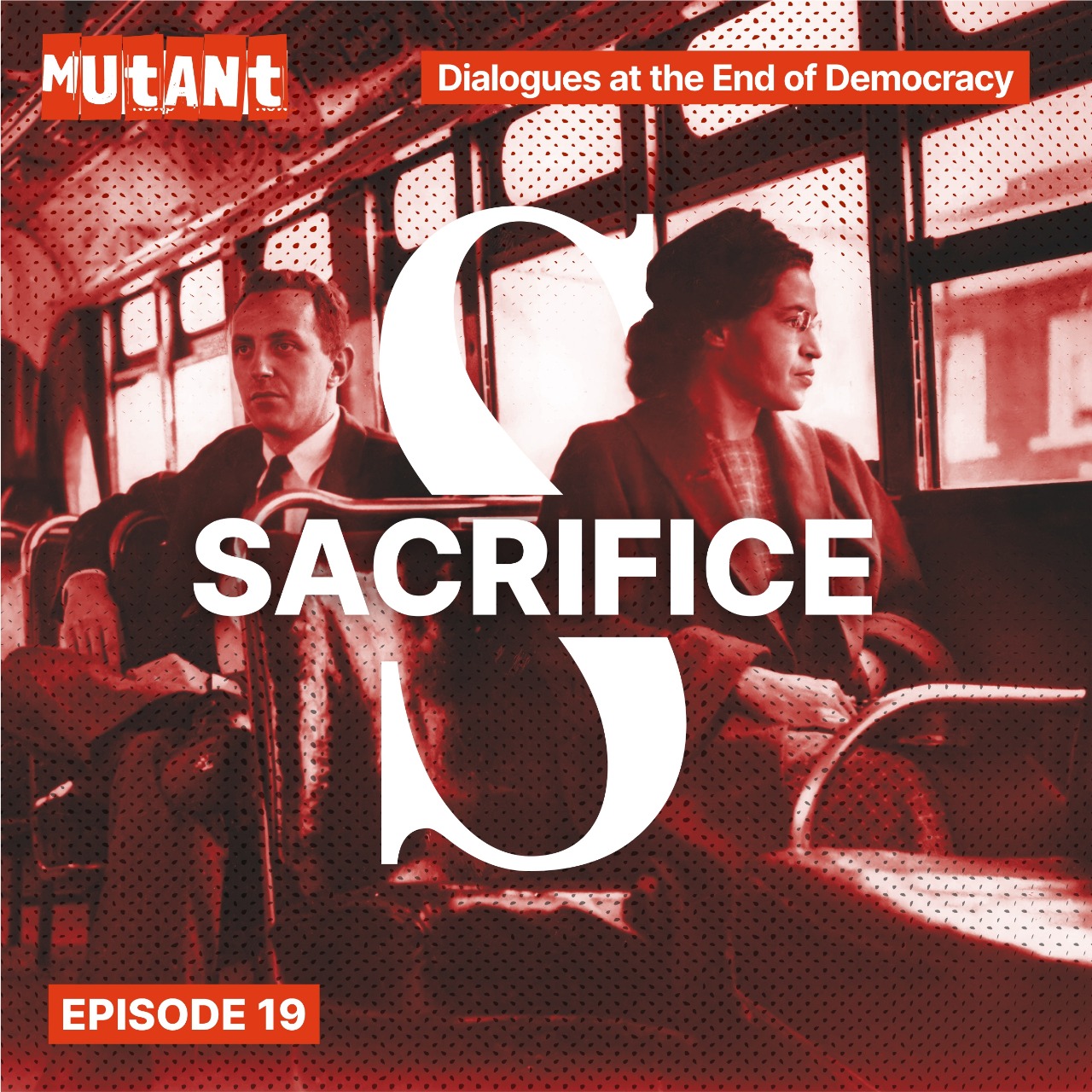
S | SACRIFICE
Few words in our democratic language invoke visions as paradoxical and as powerful as sacrifice.
On the one hand, sacrifice recalls an archaic, ritualistic, even fetishistic set of practices, execute…
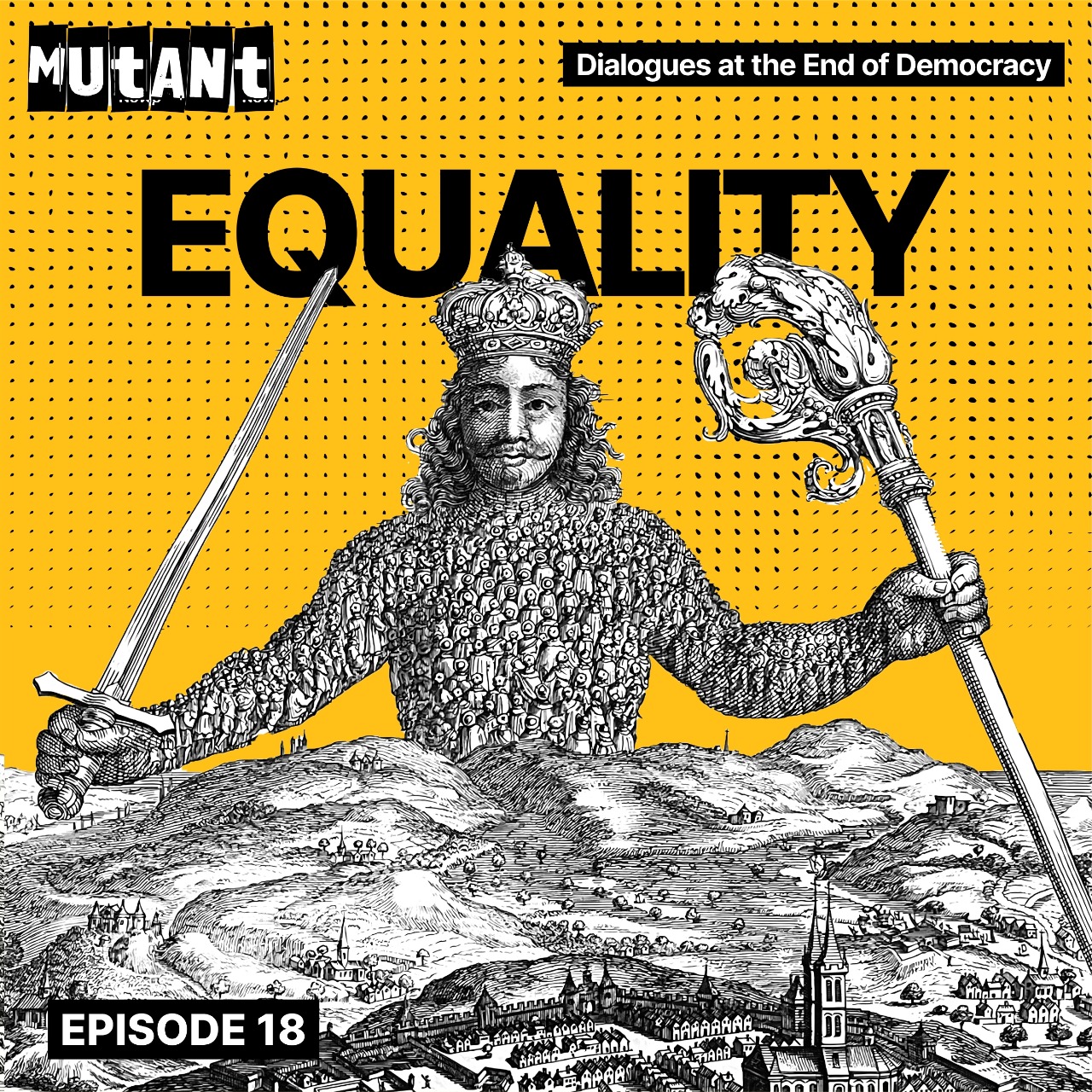
E | EQUALITY
We have so far traversed almost two dozen concepts at Mutant. And yet every word thought and spoken in these dialogues, it might be said, is about one humane dream: equality. Every episode in which w…
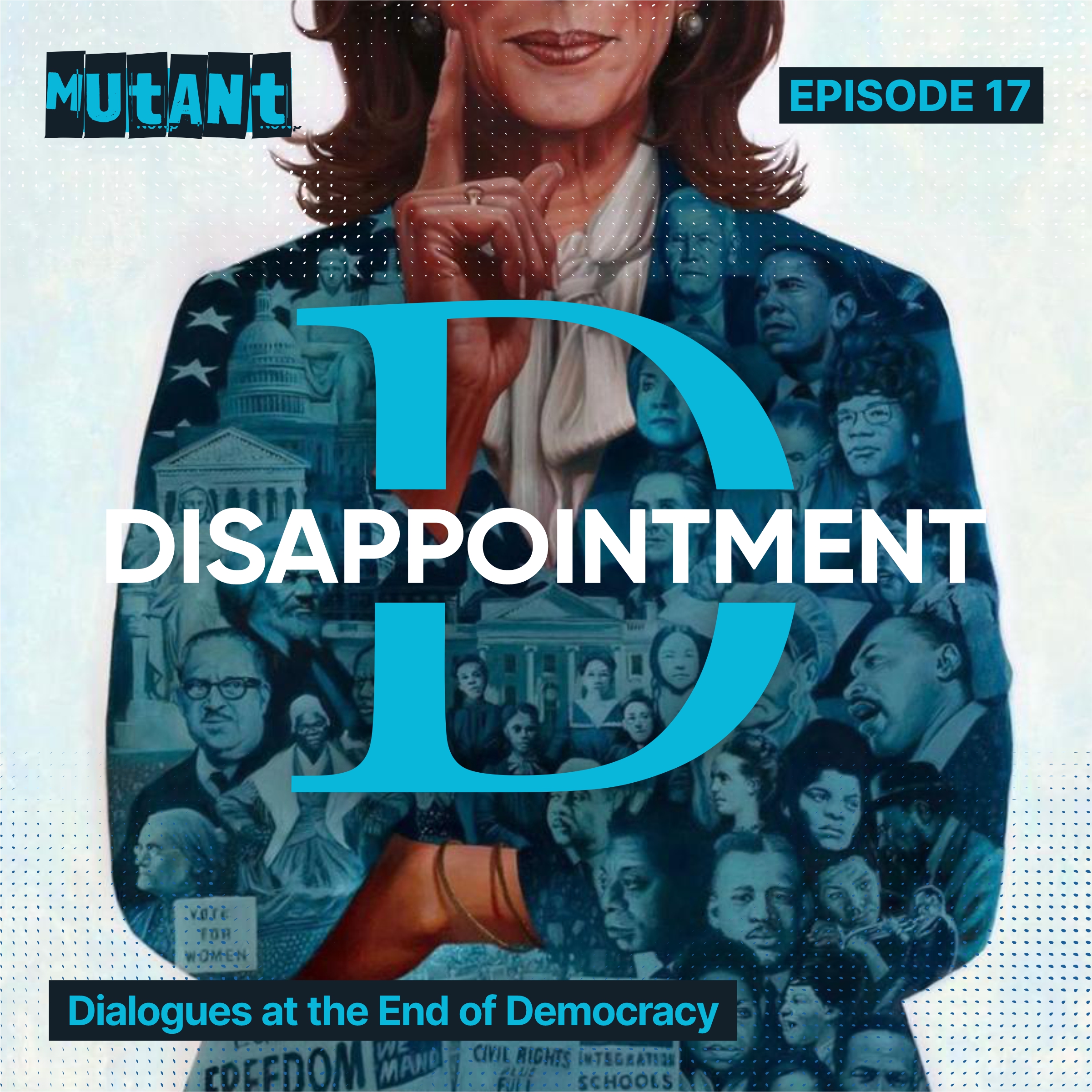
D | DISAPPOINTMENT
Often shrugged off as a passing sense of dejection in a world that has let us down, “disappointment” might be the most intransigent concept that has shaped the modern democratic experiment. Rarely th…
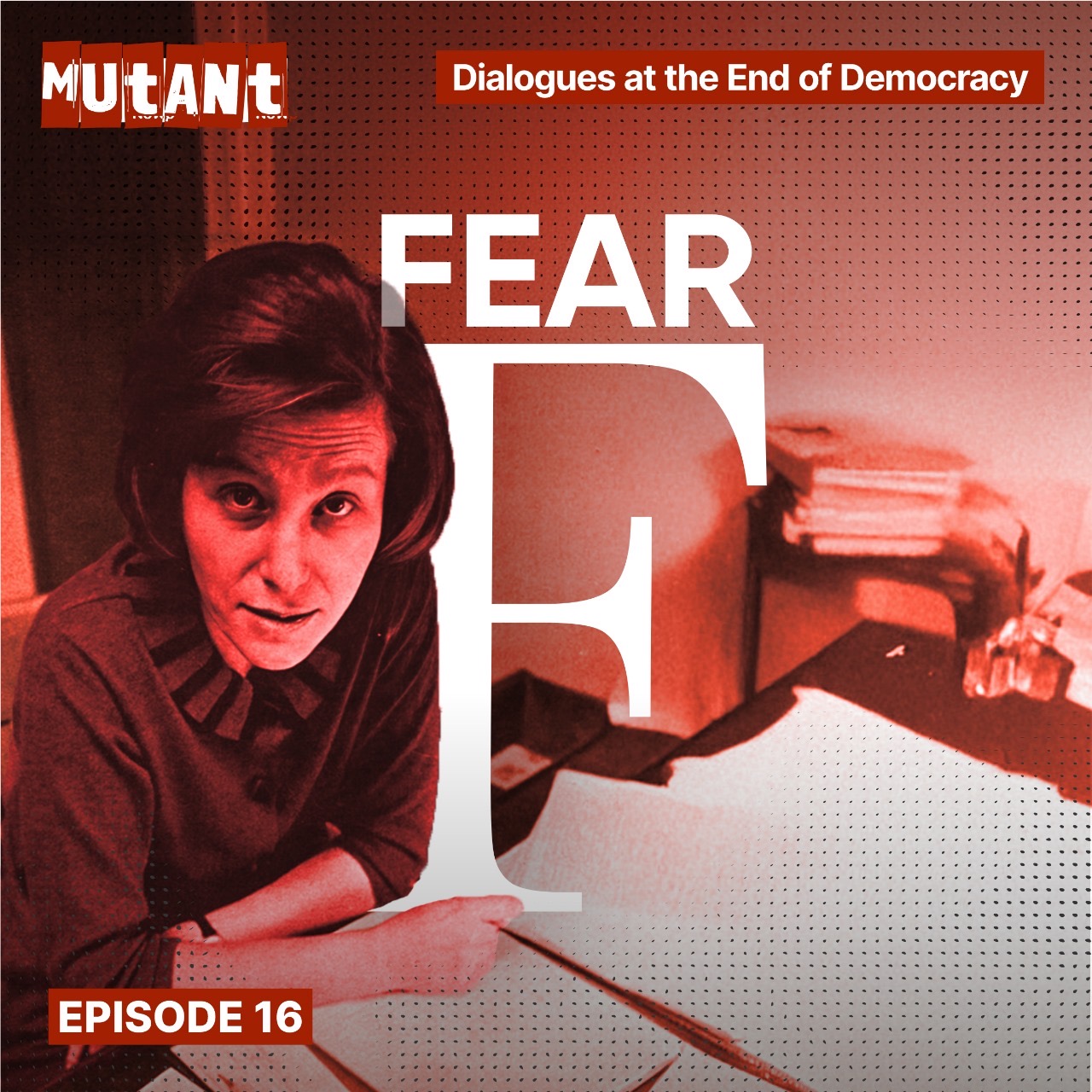
F | FEAR
If freedom is the most molecular of human desires and hope the most fragile of human capacities, then fear is an all too human anxiety—or weapon—that destroys both, in one stroke.
Whether this is the…
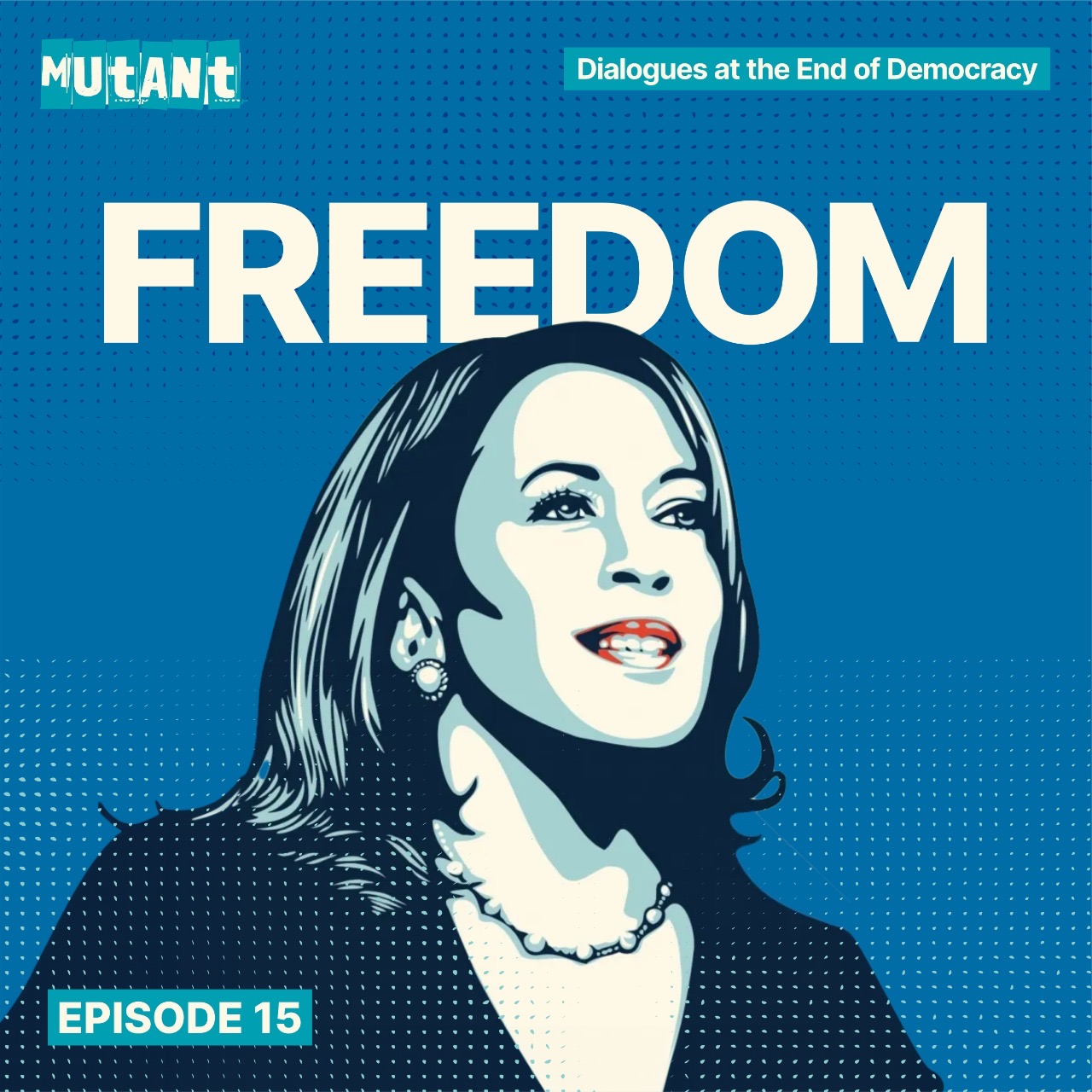
F | FREEDOM
No idea in our political lexicon is as deeply mired in paradox as freedom. One is wholly alive, wholly human, we are often told, only when one is wholly free. Free to move, free from constraint, free…
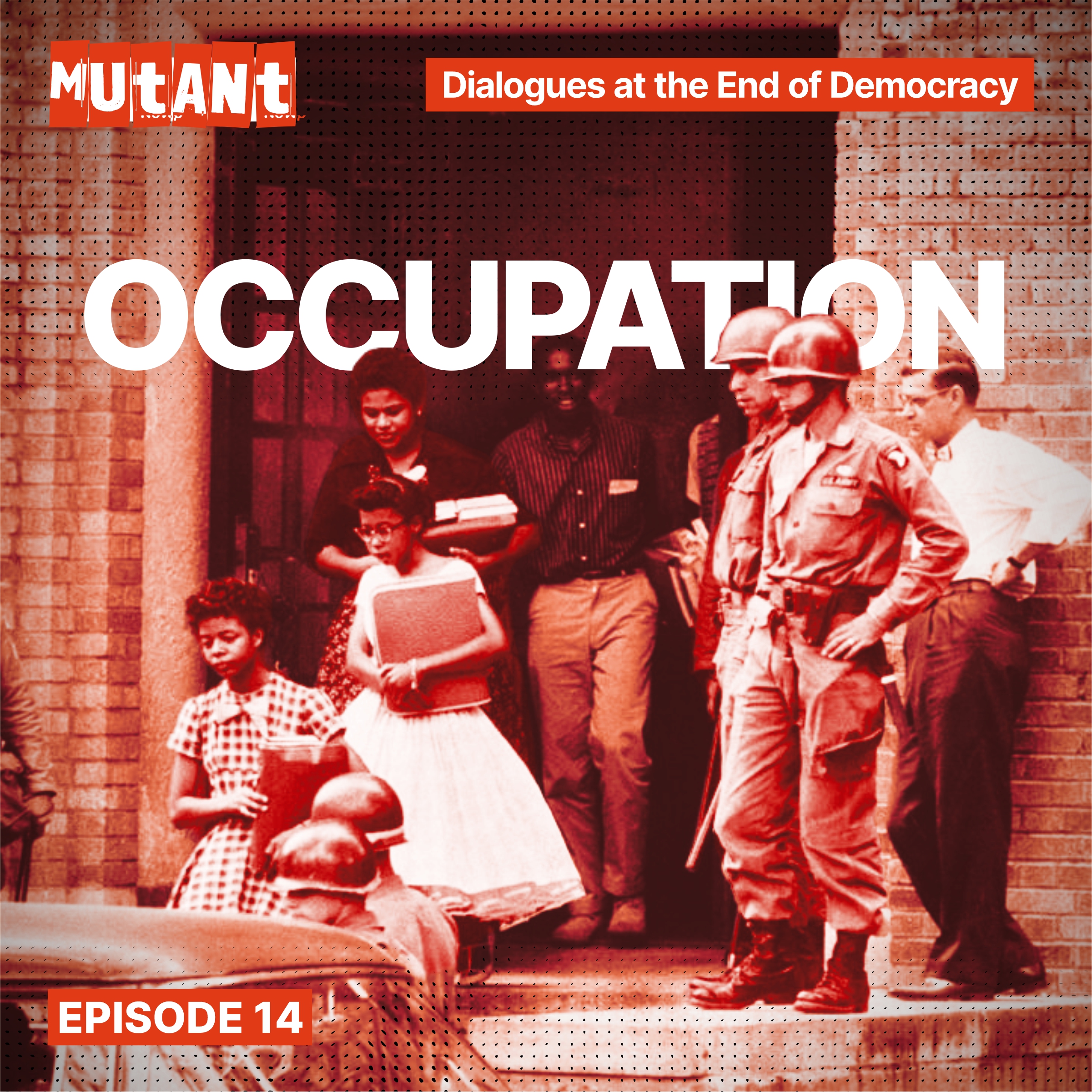
O | OCCUPATION
“We lost our home, which means the familiarity of daily life. We lost our occupation, which means the confidence that we are of some use in this world. We lost our language, which means the naturalne…
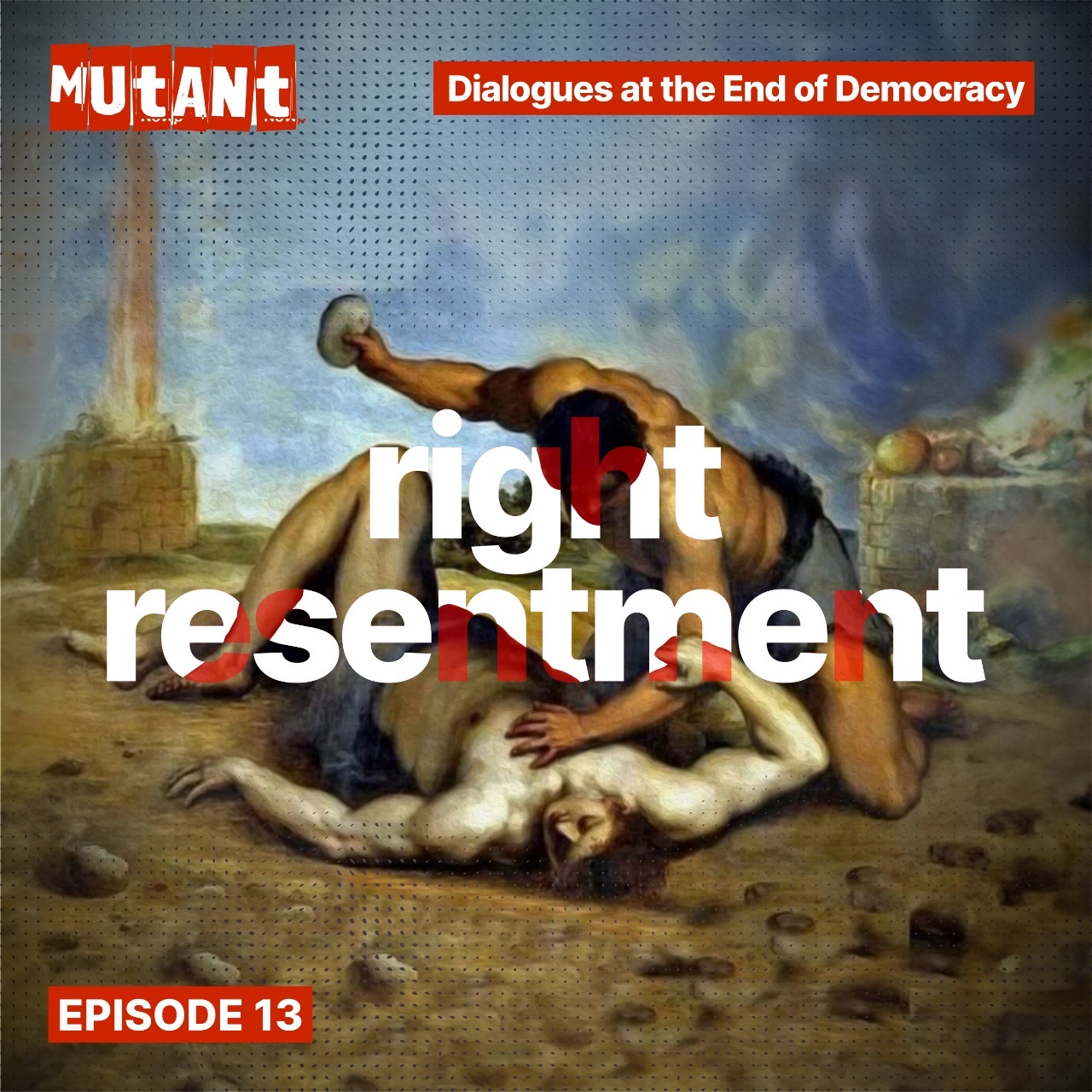
R | RIGHT & RESENTMENT
Mutant’s first episode was an archaeology of democratic anger, and as we publish our 13th, almost midway through the Roman alphabet, we return to our beginnings; to a concept that silently saturates …
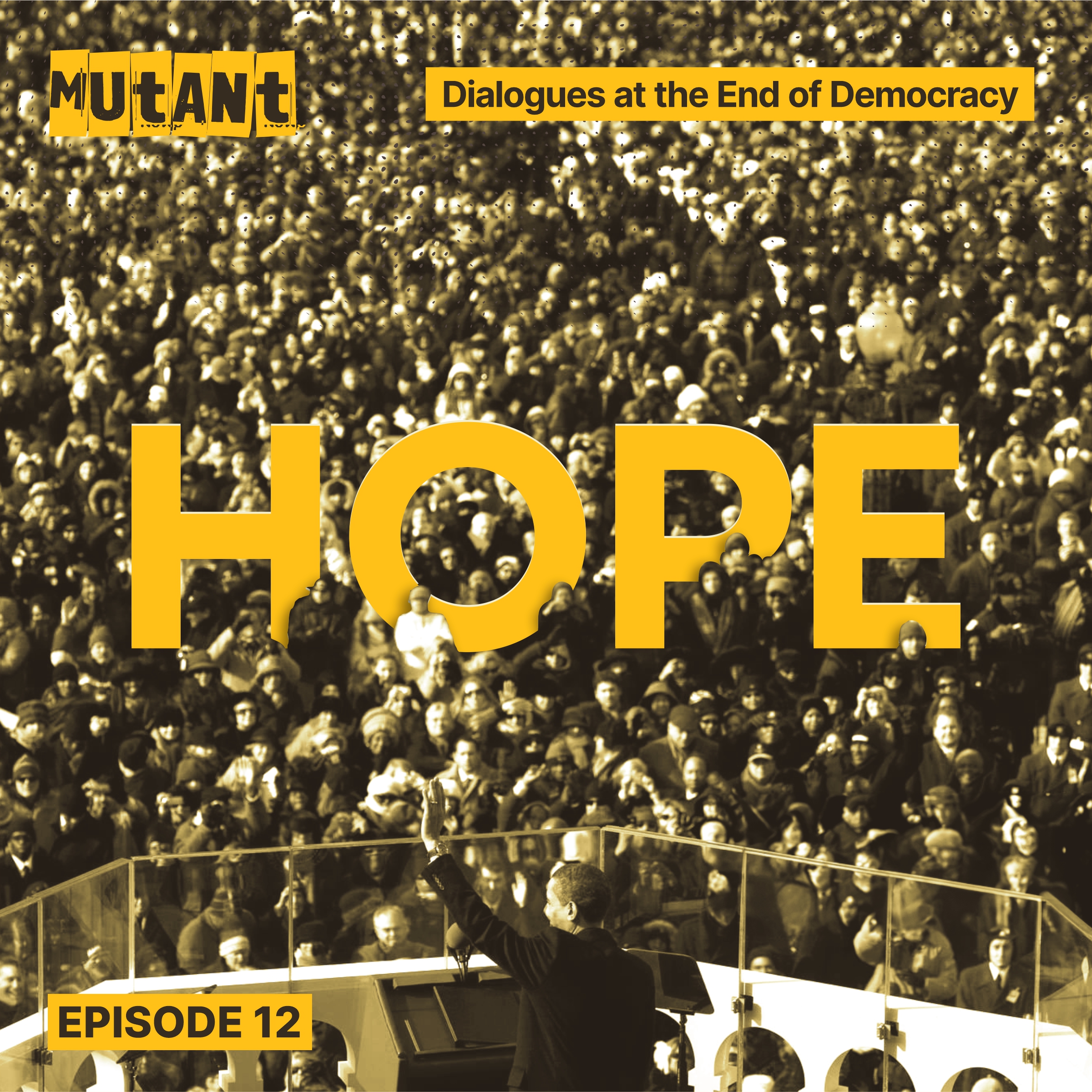
H | HOPE
Few words in our political lexicon are as fragile and as paradoxical as hope. Is hope a privilege of the smug? Or is it the helpless, last resort of the inconsolable? Whatever we might think of it, h…
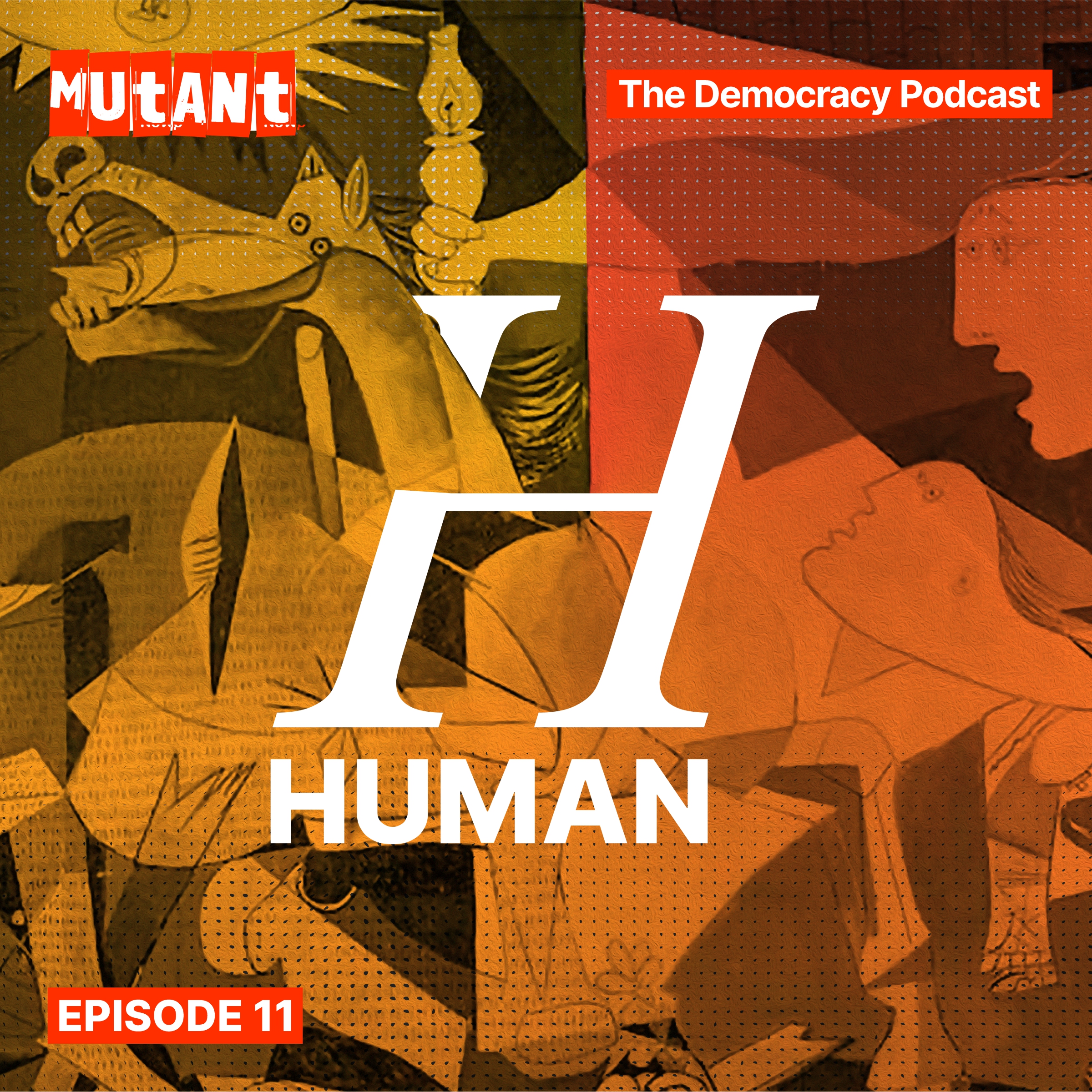
H | HUMAN
What does it mean to be human? This is a question at once timeless, yet often posited as an abstraction: as though being human and living as humans in the world can be disentangled from each other.
B…
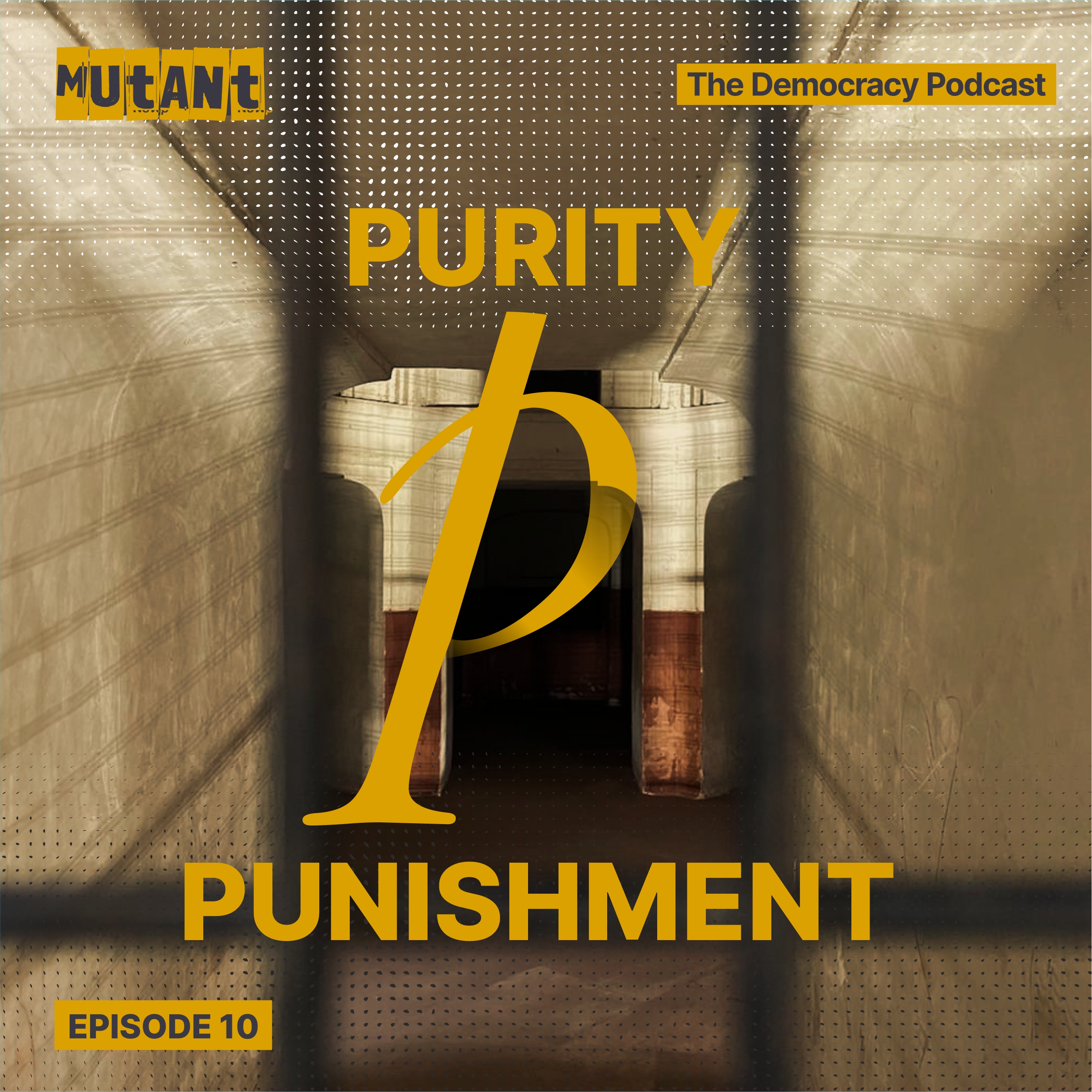
P | PURITY & PUNISHMENT
Nothing frames our thinking at Mutant — the very name we have given this dictionary of concepts — more fundamentally than the human drive for purity. After all, by its very constitution, the figure o…
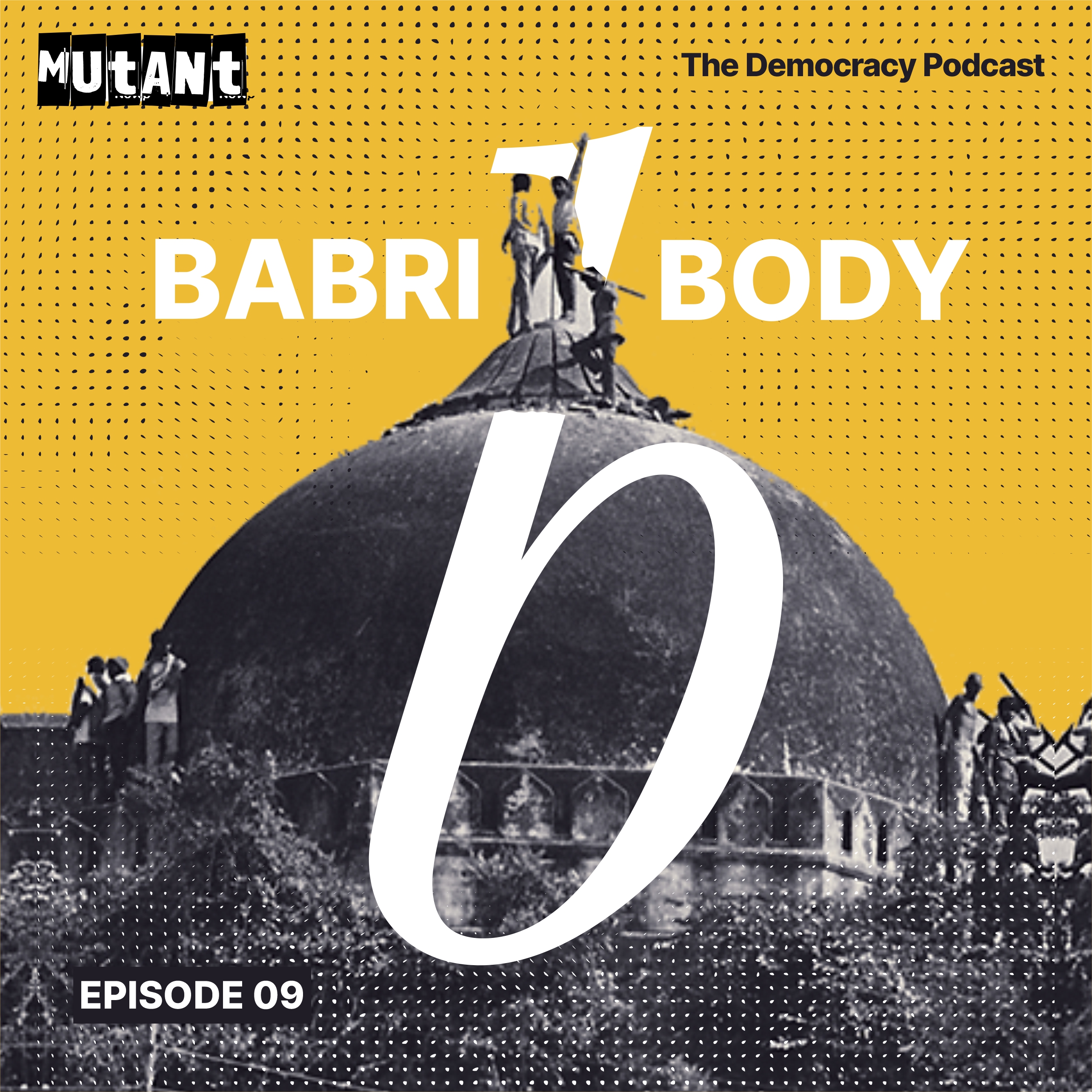
B | BABRI & BODY
“There is nothing mere about symbols”, says the writer Ta-Nehisi Coates. And “there is nothing mere about the struggle for architecture, about the strife over monuments. They are arenas of war over m…
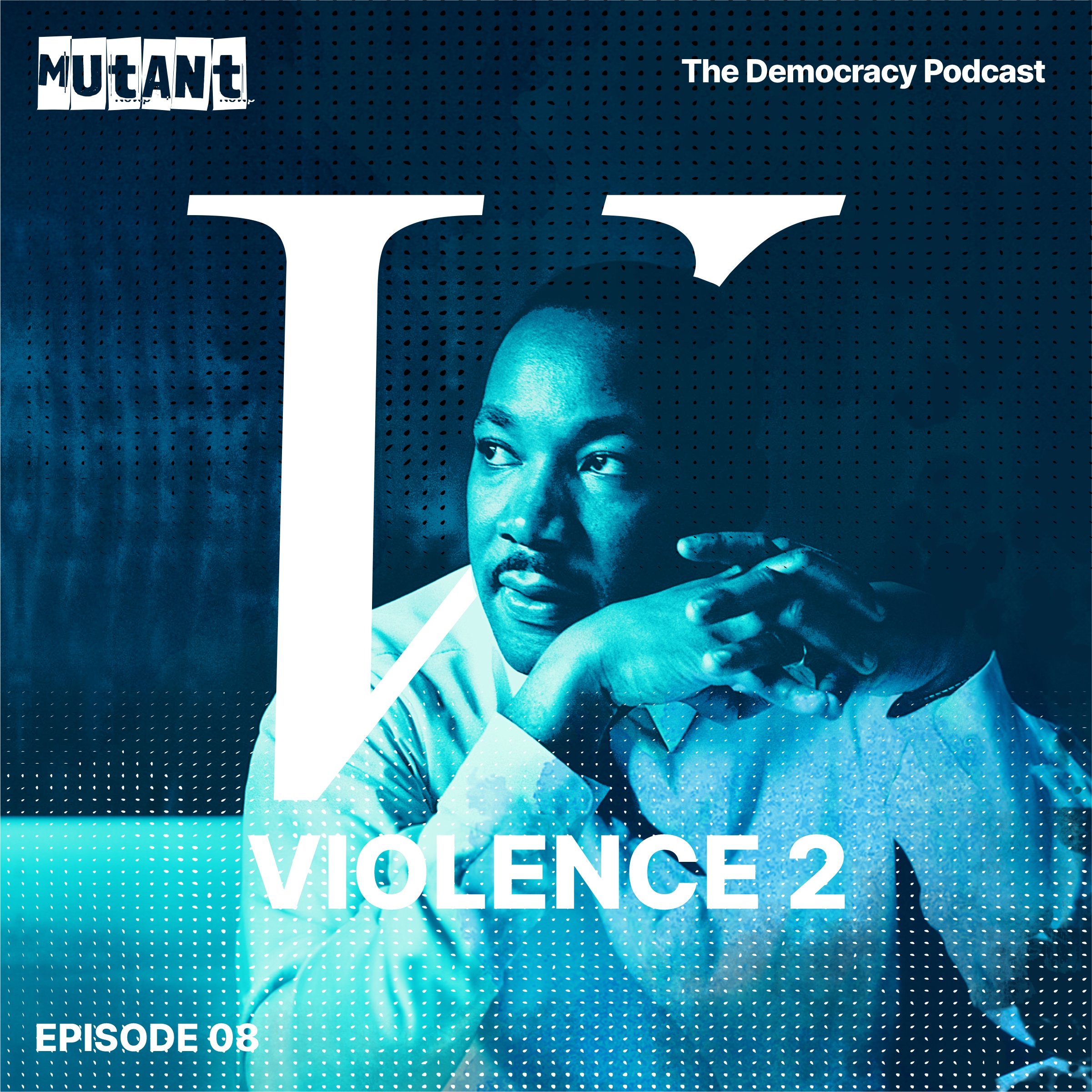
V | VIOLENCE PART II
Not only does violence have the capacity to become normative, we also seem to wholly lose our capacity for moral judgement in its wake. So that the moment it appears in front of us, violence immediat…
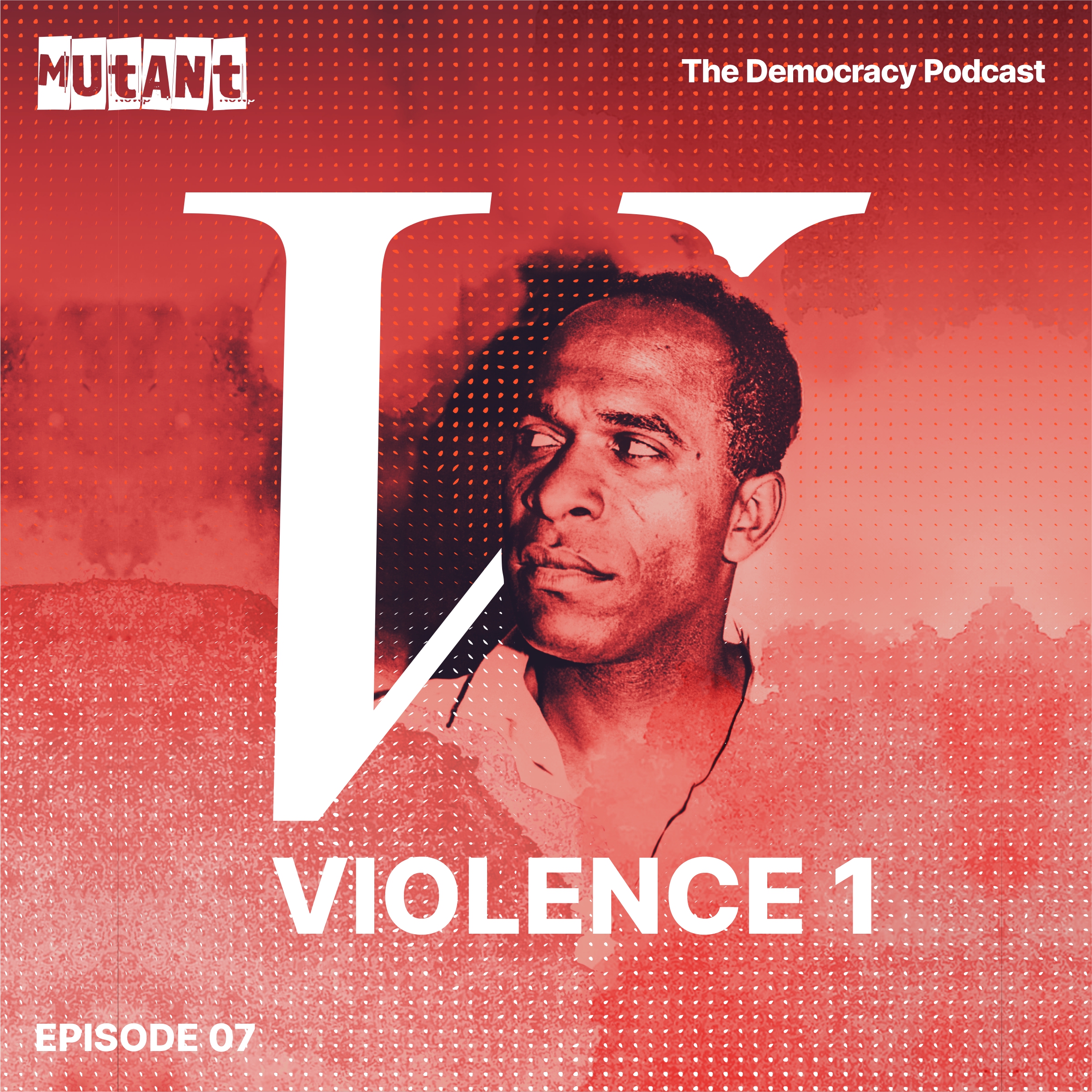
V | VIOLENCE PART I
Talking of violence in a time of war can distort rather than clarify our comprehension of it.
On the one hand are the visible and implacable barbarisms of modern conflict waged on land and air, throug…
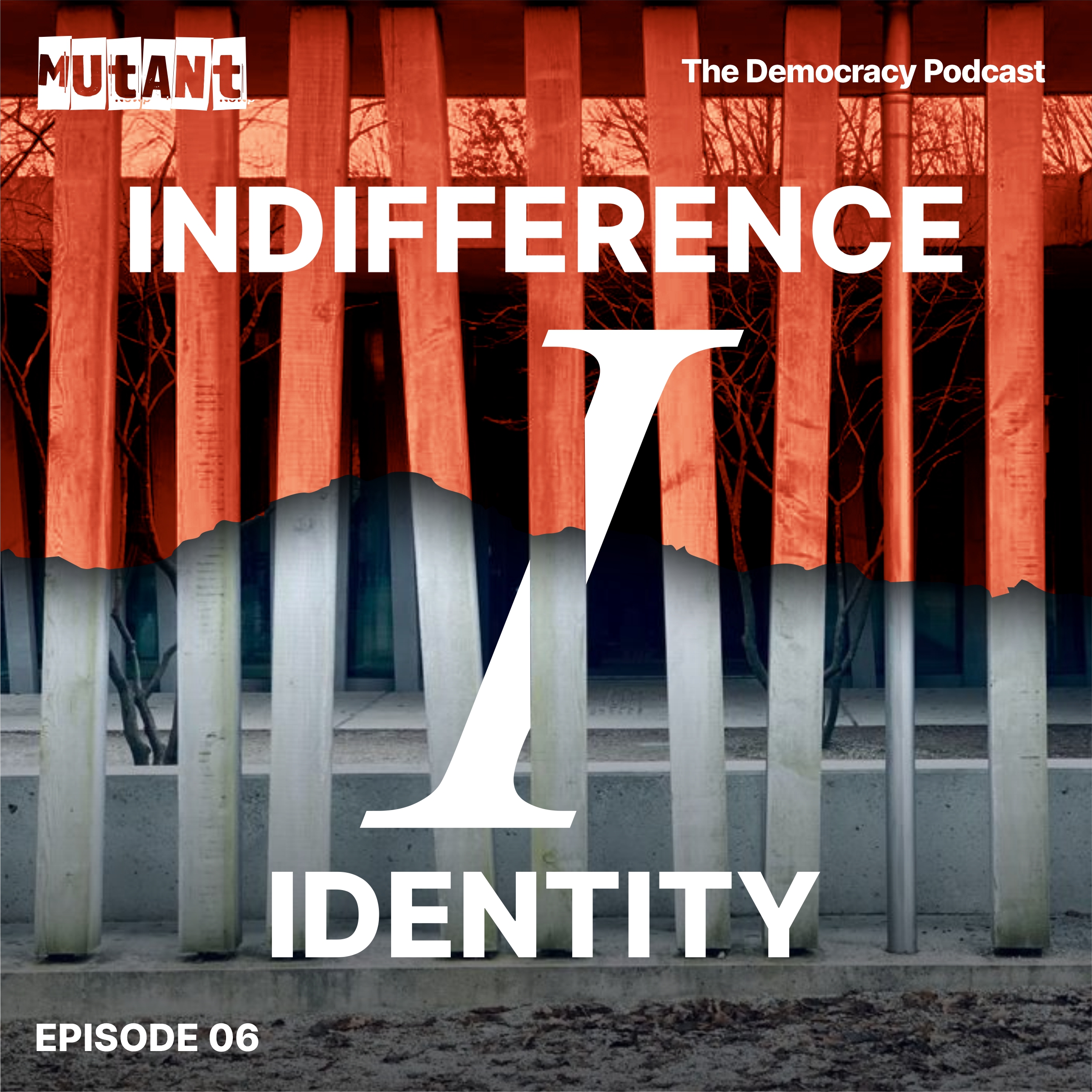
I | IDENTITY & INDIFFERENCE
If there are twin pylons on which our democratic deformities today seem to stand, they are identity and indifference. Democracies wage war in the name of the former, but for all the rhetoric surround…
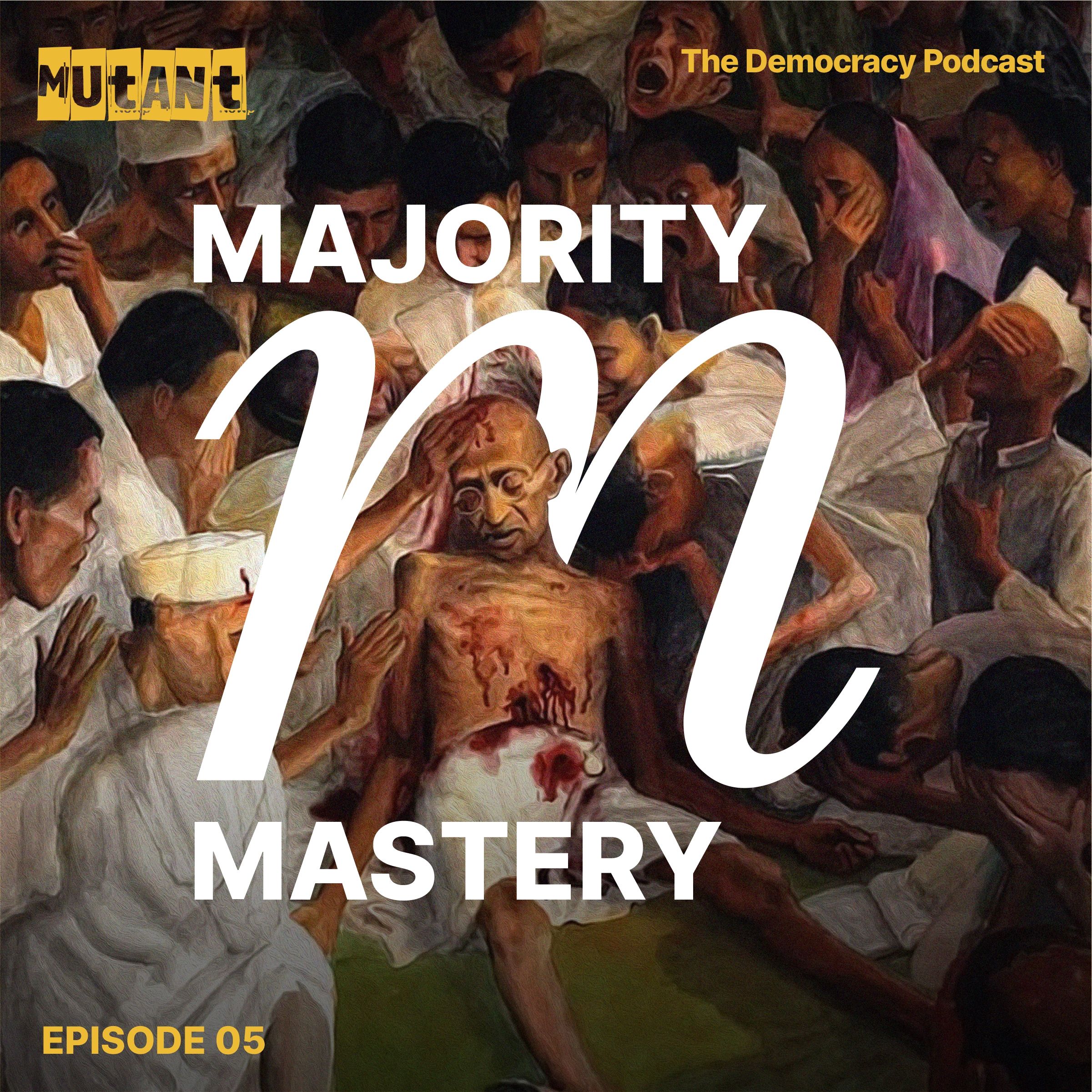
M | MAJORITY & MASTERY
At the heart of the modern democratic contract is the principle — and the faith — that the majority will decide for everyone.
But it is in fact this majority — neither simply a numerical preponderan…
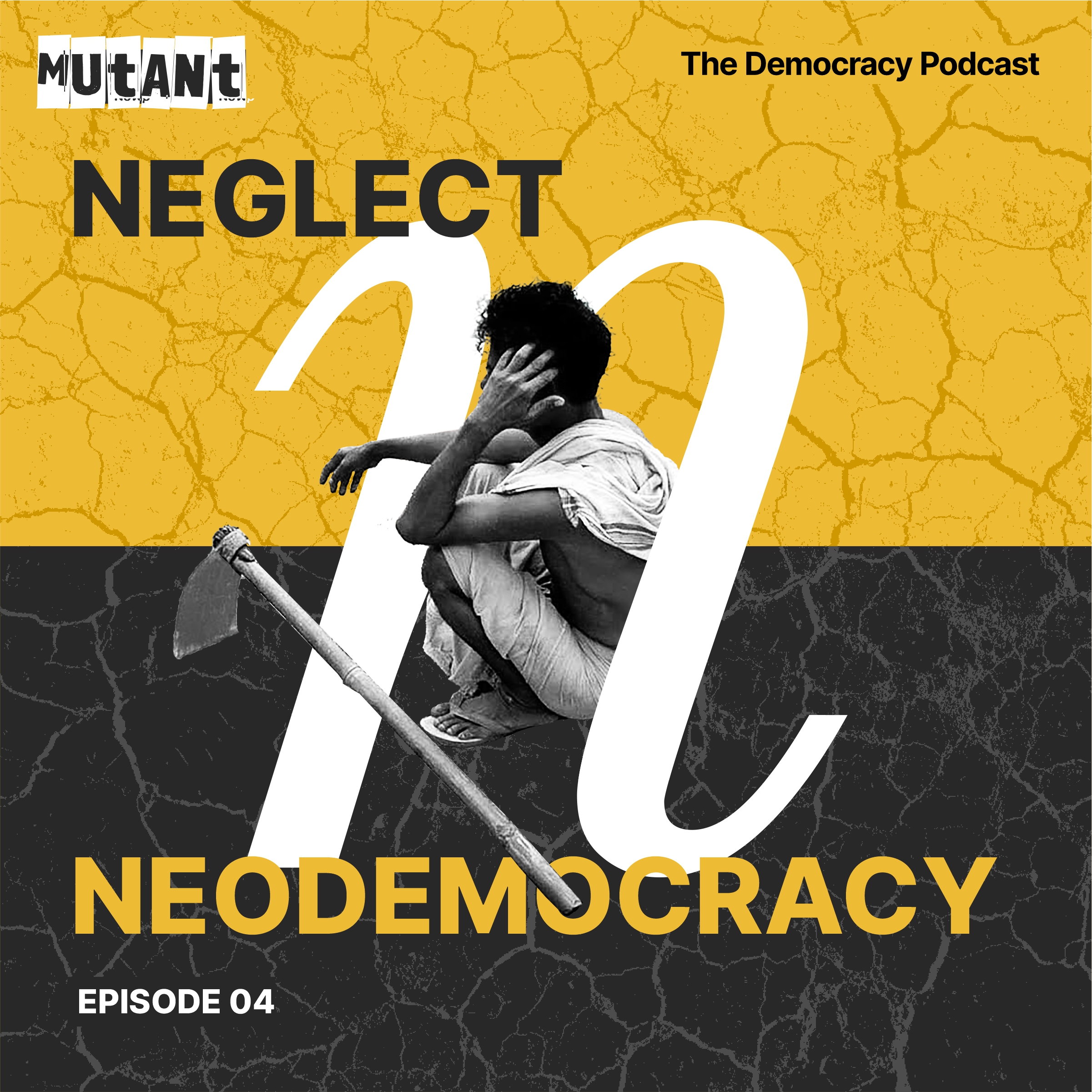
N | NEGLECT & NEODEMOCRACY
How do ordinary citizens become the foot soldiers, the automatons, the purveyors of evil? How does barbaric cruelty become a civic norm? In her controversial classic Eichmann in Jerusalem, Hannah Are…